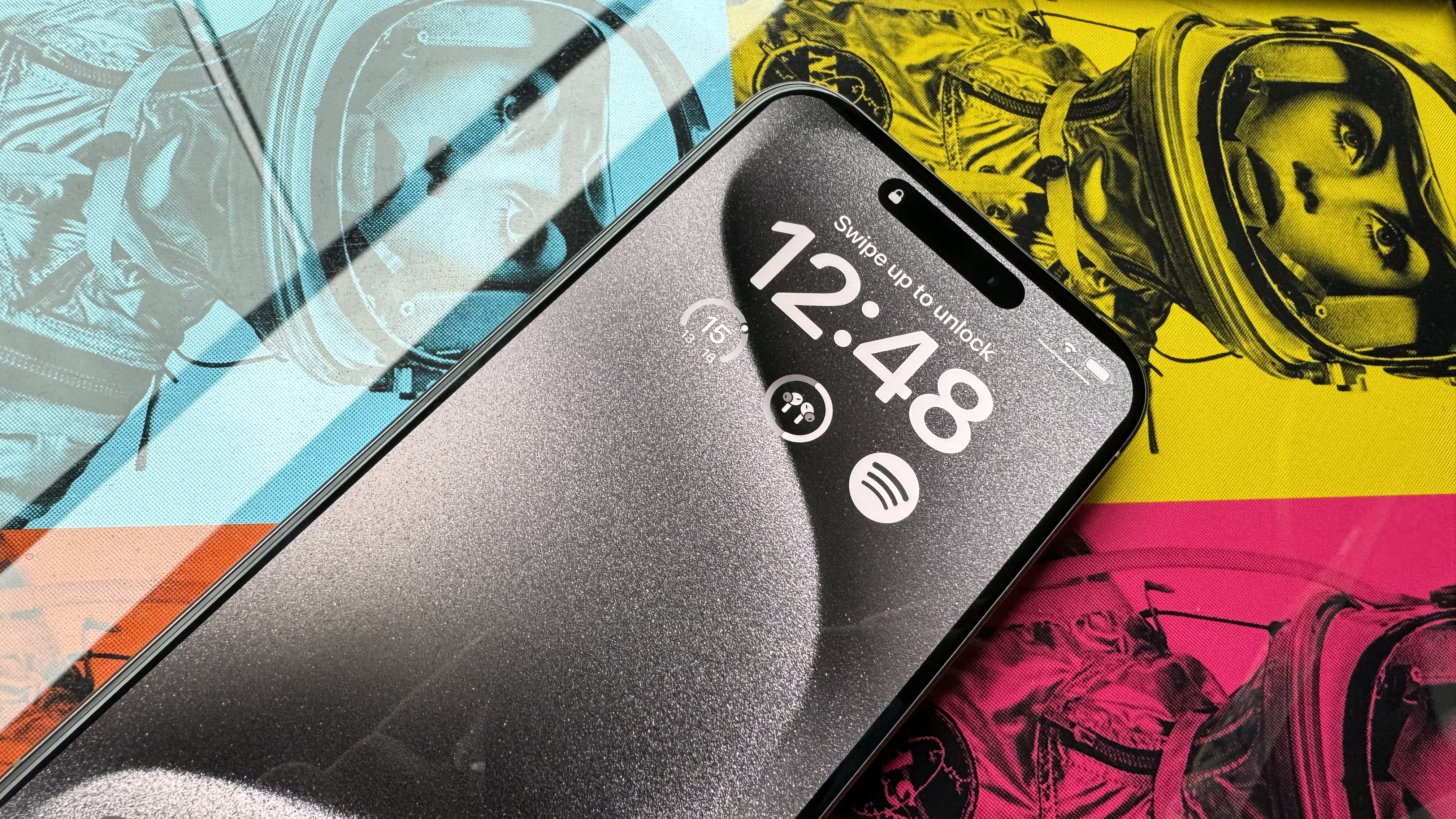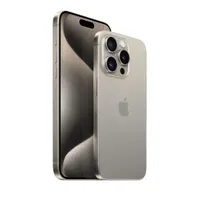The upcoming iOS 18 update will significantly boost iPhone Neural Engine performance as Apple Intelligence launch nears — and it still needs an A17 Pro
Around 25% faster.

When Apple announced iOS 18 during the WWDC event on June 10 it also finally took the wraps off of Apple Intelligence following months of rumors. The new AI focus is one that will bring some impressive new features to the iPhone as well as the rest of Apple's platforms, not to mention some much-needed Siri upgrades. But all of those new features require plenty of processing power. So much so, in fact, that not all iPhones will get Apple Intelligence when it launches in beta form this fall.
Apple says that the new AI capabilities that it's been working on require at least an A17 Pro chip which means you're going to need an iPhone 15 Pro or iPhone 15 Pro Max to use them — unless you buy one of the new iPhone 16 models, presumably. On the iPad and Mac side of things, any device with an M1 or newer is good to go, too.
However, new tests on an iPhone 15 Pro Max suggest that iOS 18 itself is capable of boosting Neural Engine performance by up to 25%, which is particularly notable given the fact that Apple says only the A17 Pro is capable of handling Apple Intelligence. Assuming that iOS 18 will also boost Neural Engine performance on all iPhones, that would suggest that even the A17 Pro might not be capable of providing the performance Apple Intelligence requires without this performance boost.
Faster and faster
The Neural Engine boost was first spotted by INIYSA who noted that Geekbench scores for the Core ML Neural Engine Inference test on an iPhone 15 Pro Max with iOS 17.5.1 installed tend to be around the low 6000's. However, the same device upgraded to the current iOS 18 beta is capable of a score of around 7800.
All of this is down to new optimizations that have been brought to the iPhone as part of Apple's work to ensure that its devices are as performant as possible when running machine learning and AI models. It also suggests that whatever chips Apple puts into the iPhone 16 and iPhone 16 Pro will sport even more impressive figures when they are released this coming September.
Apple is clearly keen to make sure that all of the new features Apple Intelligence will have to offer are not slowed down wherever possible. On-device processing ensures that as little information is sent to cloud servers as possible, but that's only beneficial if those devices are able to process the data quickly enough. Apple is pushing the A17 Pro as hard as it can to make sure that it's capable of dealing with the demands Apple Intelligence will place upon it. It's perhaps no surprise that the iPhone 15's aging A16 Bionic can't quite keep up.
As for iOS 18, that's currently in developer beta testing and will be made available in public beta next month. A final release to the public is then expected to take place in or around the middle of September.
iMore offers spot-on advice and guidance from our team of experts, with decades of Apple device experience to lean on. Learn more with iMore!
iPhone 15 Pro | $999 at Apple
Featuring a Titanium finish, a USB-C port, and the powerful A17 Pro chip, it's the perfect device to take Apple Intelligence for a spin later this year.
More from iMore

Oliver Haslam has written about Apple and the wider technology business for more than a decade with bylines on How-To Geek, PC Mag, iDownloadBlog, and many more. He has also been published in print for Macworld, including cover stories. At iMore, Oliver is involved in daily news coverage and, not being short of opinions, has been known to 'explain' those thoughts in more detail, too.
Having grown up using PCs and spending far too much money on graphics card and flashy RAM, Oliver switched to the Mac with a G5 iMac and hasn't looked back. Since then he's seen the growth of the smartphone world, backed by iPhone, and new product categories come and go. Current expertise includes iOS, macOS, streaming services, and pretty much anything that has a battery or plugs into a wall. Oliver also covers mobile gaming for iMore, with Apple Arcade a particular focus. He's been gaming since the Atari 2600 days and still struggles to comprehend the fact he can play console quality titles on his pocket computer.

